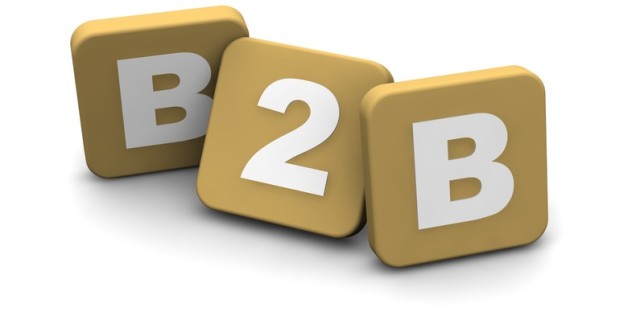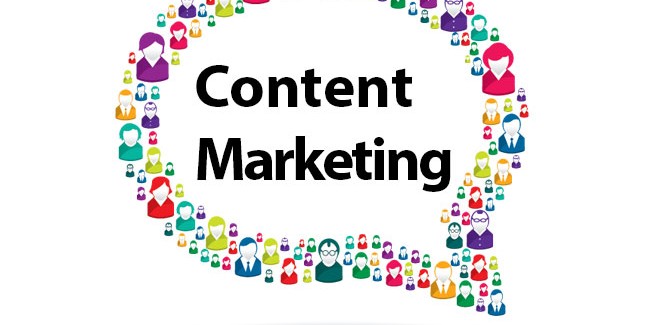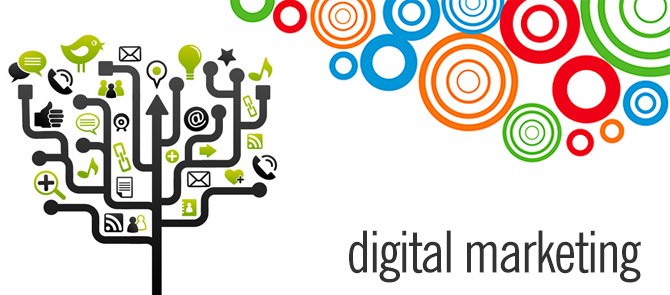Posted on:
28 March 2016
Beneficial Strategies To Boost Your B2B Marketplace
Brands mean more than their logos, taglines or the elevator pitches. At its heart is the assurance that you promise of the product’s/service’s quality. When it comes to these promises, there are two simple rules. First, don’t make any promises that you will fail to keep and second, you can’t be making promises if you aren’t yet sure about your capabilities. Though this may sound simple, abiding by them isn’t an easy job. Adding the fact that we are operating in a super-competitive market, this becomes a battle between your competitors and your success.

B2B would serve as your venue to compete against several manufacturers, distributors, wholesalers and retails for the same demographic. B2B products and services have always been highly complicated and require some strategic solution to meet the balance between spur-of-the-moment purchases and rational decisions.
If you are one among the several players in such a B2B marketplace, here are some key strategies to serve your end.
Must See: Tips to Keep Your Ecommerce Site Safe and Secure
1. Content marketing

Content has always been the ‘king’ and will remain so. In the online era of today, 57% of the purchase decision is already made before a sales representative can engage a customer. It is thus a priority to come up with marketing collateral. According to TopRank, content marketing can be a prominent part of your in-person events, videos, case studies, blogs, webinars, newsletters, research papers and white papers. Depending upon the buying cycle and the level of maturity of your buyer, there needs to be a multichannel content-marketing strategy in place.
2. Digital marketing

Digital marketing channels are one of the most crucial platforms to deploy your B2B efforts. Modern marketers are increasing their spend in email marketing, social media, search (SEO, PPC, etc) and mobile marketing. Digital devices are the first point of contact when prospects begin to research and it is necessary for B2B marketers to mark their attendance likewise. After building an arsenal of strong and provocative content, social media ensures that the information actually reaches out.
Social media, in the past, has been largely seen as a B2C strategy but this is far from truth in context to present days. Purchase decisions are highly affected by social media and platforms like Facebook, Twitter, Instagram and Pinterest have become ideal avenues.
3. Third party data

An interesting study reveals that more than 120 business addresses change every half an hour. Also, every half an hour, around 20 CEOs get replaced, 75 phone numbers get changed, and 30 new businesses enter the competition! Keeping your customer information updated is vital to seek potential leads. A wrong email or a wrong phone number can do a lot of damage to your online marketing efforts. Now, if you aren’t capable of reaching out, someone else will.
Third party data solutions can be a great solution in this aspect. In fact, a survey by Spear Marketing Group suggests that more than 40.7% of global B2B markets use third party services to enrich their database.
4. Personalisation

With so many brands in the market, quality and price isn’t really a defining element anymore. Customers to today are looking for personalization. It’s not just about a personalized product but a personalized buying experience altogether.
The B2B marketplace is getting highly sophisticated with each passing year. The only way to succeed is keeping yourself updated and reaching out effectively.